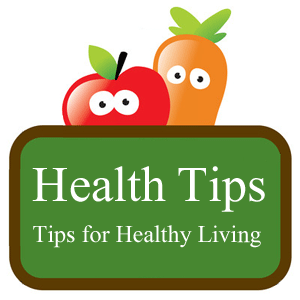
During the month of May, National Children’s Mental Health Awareness shines a light on this serious issue, which can have lasting consequences for children and adolescents as well as their families, schools, and communities. The theme for this year’s event, sponsored by the Substance Abuse and Mental Health Services Administration, is “Finding Help, Finding Hope,” recognizing the need to improve access to behavioral health services and supports for infants, children, youth, and young adults with mental and substance use disorders and their families.
Improving Access to Mental Health Services for Children and Youth
Mental health disorders are one of the leading causes of disability among adolescents, affecting about one in five children in this age group. Infants and young children can also have mental health disorders that affect their relationships and overall development; about 1 in 10 children age birth to 5 experience social and emotional problems. Getting care and support for these problems early is essential to help prevent them from getting worse or interfering with growth and learning. Despite the high prevalence of mental health disorders, fewer than 20 percent of children and adolescents affected get the treatment they need.
Finding Help Brings Hope
Mental health disorders can disrupt development, learning, and relationships. Even though these disorders affect many children and families, children and youth who have these disorders continue to face stigma.
For individuals facing these disorders, it may seem that there is no end. But mental health services and support can help reduce the impact of these disorders on the lives of children and adolescents. Such help brings real hope. Check out Stories of Hope and Recovery at Mentalhealth.gov
National Women’s Health Week
National Women’s Health Week is an observance led by the U.S. Department of Health and Human Services Office on Women’s Health. The goal is to empower women to make their health a priority. The week also serves as a time to help women understand what steps they can take to improve their health. The 17th annual National Women’s Health Week kicks off on Mother’s Day, May 8, and is celebrated through May 14, 2016.
What steps can you take for better health?
To improve your physical and mental health, you can:
- Visit a doctor or nurse for a well-woman visit (checkup) and preventive screenings.
- Get active.
- Eat healthy.
- Pay attention to mental health, including getting enough sleep and managing stress.
- Avoid unhealthy behaviors, such as smoking, texting while driving, and not wearing a seatbelt or bicycle helmet.
You can also take the National Women’s Health Week pledge
To live a healthy life, I will:
General health
- Get an annual well-woman visit
- Get my blood pressure checked
- Eat healthy
- Maintain a healthy weight
- Get at least 30 minutes of physical activity most days
- Quit smoking or don’t start
- Limit alcohol use
- Get a seasonal flu shot
- Ask what other shots I need
- Ask about daily aspirin use (55 and older)
- Talk to my doctor about any domestic and interpersonal violence
Reproductive and sexual health
- Choose the right birth control if I still get my period
- Talk to my doctor about when I need a Pap test and HPV test
- Talk to my doctor about menopause symptoms
- Talk to my doctor about my risk for sexually transmitted infections and need for screening
- Get an HIV test at least once in my lifetime
Diseases and conditions
- Talk to my doctor about getting my cholesterol checked if I have a family history of heart problems
- Get tested for diabetes if I am overweight or obese
- Talk to my doctor about my family history of cancers
- Get a mammogram every other year
- Get screened for colorectal cancer
- Ask about lung cancer screening if I am a current or past smoker (55 and older)
- Get screened for hepatitis C if I was born between 1945 and 1965
- Talk to my doctor about getting screened for hepatitis B
- Talk to my doctor about stress, depression, and other mental health concerns


